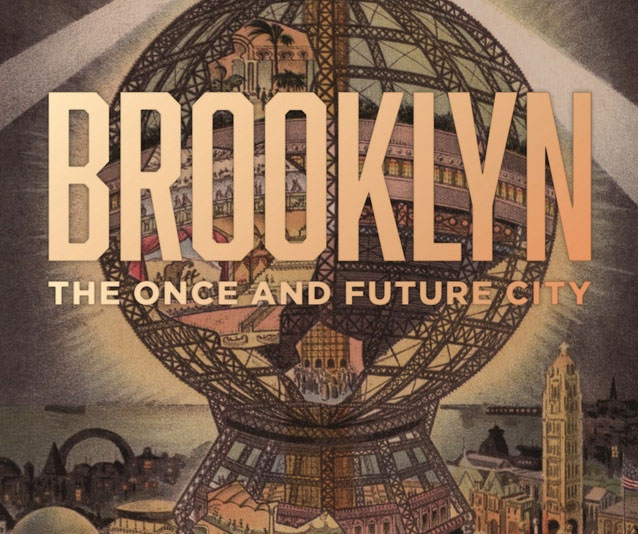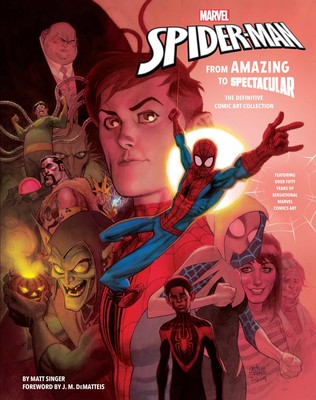
Photo by Rick Knief
Brooklyn Eagle recently featured Brooklyn writer John Kenney, whose upcoming book “Truth in Advertising” offers a modern take on the world of Mad Men. Certainly, advertising today can be sexy — but day-to-day, is it really as fascinating as we imagine? In his debut novel, Kenney sheds some light on this question; drawing upon his extensive experience in the industry, he explores the true goings-on in the modern-day advertising world. With a candid perspective and consistent humor, Kenney follows Finbar Dolan — a fictional advertising professional who clumsily navigates the pressures of work, his love life, and his family. Kenney’s novel presents an absurd yet accurate window into the advertising world and one man’s struggle to make sense of his life’s work.
ANDY: You spent many years working in advertising. What made you decide to set your first novel in that world? Is the real world of advertising both as funny —and sad— as your fictional version?
JOHN: It’s a cliché but they say write about what you know. So for me it was write about advertising or the inside world of being a busboy. Advertising, certainly in the post-Mad Men era, seems to have an allure. People find it exciting and fast-paced. It certainly can be. But day to day it’s far more boring, certainly for creative people, whose days are spent sitting in an office trying to think of ideas, most of which aren’t that great (in my experience, anyway). I don’t think it’s a sad business at all but it can test one’s resolve. There are times when it’s easy to step outside of the project at hand and say, “Do we really need to be this serious about the new sodium-free ketchup spot?” That said, I liked it better than being a busboy.
ANDY: What’s the biggest misconception about advertising, and why does that interest you as a novelist?
JOHN: I think it’s how cool/sexy/exciting advertising is supposed to be. It certainly can be if you’re working on a big account like Nike or Apple or Coke. But most creatives—the copywriters and art directors who think up the ideas—work on far smaller accounts, with far smaller budgets. These people are just as committed and just as smart, and, frankly, doing a really great ad for Oreos is damned hard. Or diapers, as is the case for Fin, the main character in the book. He’s not a superstar. But successful characters don’t really interest me. I like strugglers. I like confused people, damaged people. Strivers. Of course, that has nothing to do with my own experience as a decidedly non-superstar copywriter…
ANDY: That brings me to the question most novelists hate to be asked: Who is the narrator Fin, and are there parts of you in his character?
JOHN: Fin is like a lot of guys I knew in advertising. Smart, charming, funny. Guys you wanted to hang around with, have a beer with. He’s a lot smarter than I am and certainly more lost than I ever was, though God knows I had my confused days as a single guy in New York. To me the similarity—if there is one—isn’t merely the advertising connection, it’s the loss. My mother died when I was young. That was a defining event for me. And it’s only much later in my life that I realized how defining, how it colored everything for me. Fin shares that. But I think a lot of us carry around hidden traumas, those lasting pains. My editor sent me a quote from a letter that Ted Hughes wrote to his son. At every moment, behind the most efficient seeming adult exterior, the whole world of the person’s childhood is being carefully held like a glass of water bulging above the brim. That’s Fin.
ANDY: In the book, you write that we are the stories we tell ourselves. What is it that pushes Fin to finally tell himself the truth?
JOHN: I think ultimately it’s his father’s death. Fin holds onto this anger and pain for so long and I think it surprises him how sad his father’s death makes him, what a terrible waste it all was. It’s so hard to see your parents as people. We expect so much from them. I think he’s finally able to see his father for a flawed and traumatized man, to forgive him, to grieve for the life they never had together. He sees where not dealing with trauma and pain leads. And he doesn’t want that. I think he sees his own mortality. And it terrifies him. It makes him want to live.
ANDY: Why do we meet Fin at this particular moment in his life?
JOHN: Because he’s a mess. A job he doesn’t love. A recently canceled wedding. His estranged family and dying father. His cluelessness over Phoebe, his love interest. I think there comes a point where you realize the future isn’t limitless. For Fin it’s waking up on the eve of his 40th birthday, being surprised by this, by the path life has taken. I think he sees that there’s a window that’s fast closing and that unless he acts differently, he’s going to be lost. He’s tried lying because the pain of the truth—of what he saw and experienced, of caring for someone who might leave, is simply too much for him. I think he finally sees that life is about courage. And the courage is to be honest with himself.
Kenney has worked as a copywriter in New York City for nearly two decades and has written for The New  Yorker since 1999. “Truth in Advertising,” already receiving widespread praise, will be released on January 22, 2013.
Yorker since 1999. “Truth in Advertising,” already receiving widespread praise, will be released on January 22, 2013.
Kenney will appear at Greenlight Bookstore on January 23, in conversation with Brooklyn author Jami Attenberg. The event will begin at 7:30pm. Greenlight is located at 686 Fulton Street in Fort Greene.


